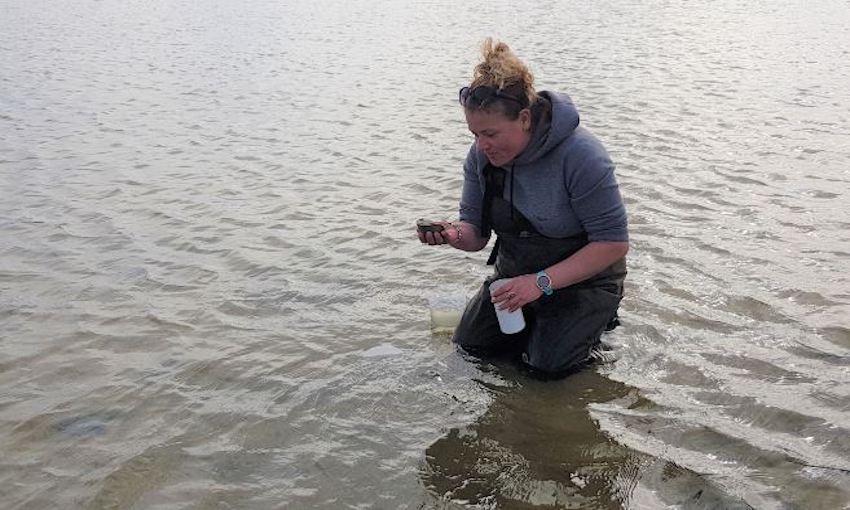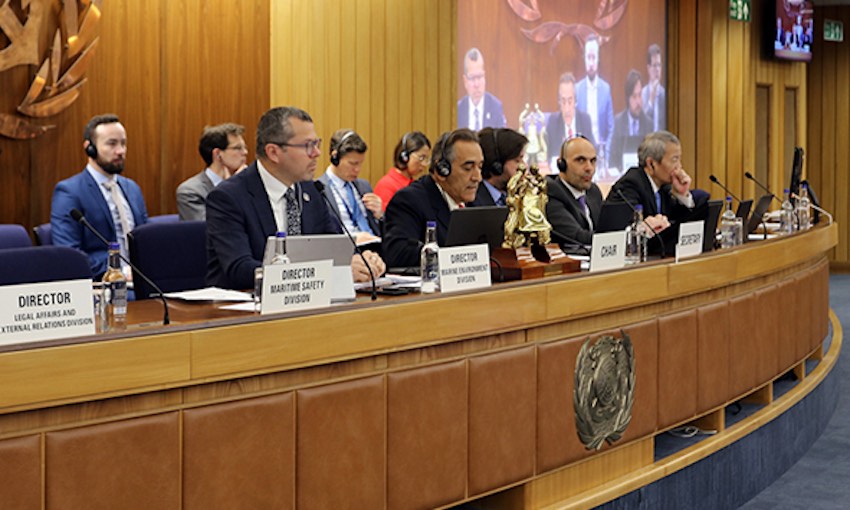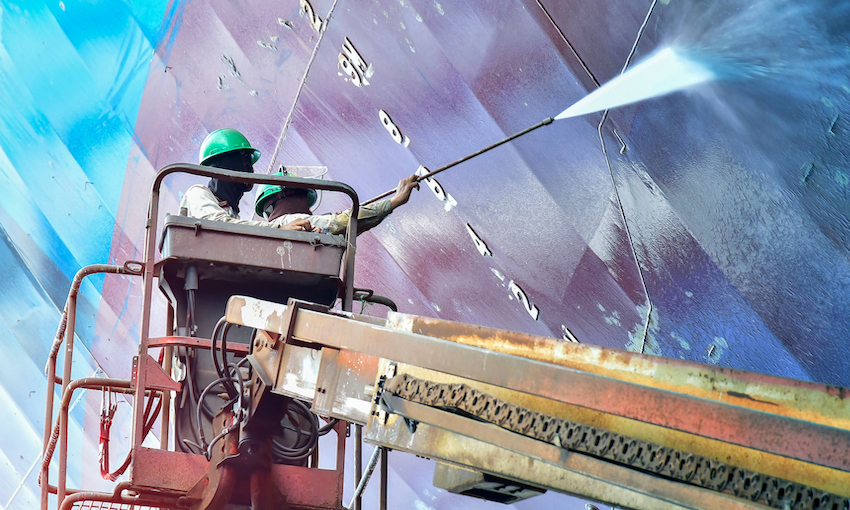A NEW scientific research centre will explore marine biofilms found on ships to mitigate the damaging impacts of biofouling.
The $12.5 million project will be led by Flinders University. It builds off a $5 million industrial transformation initiative launched by the Australian government and is expected to attract almost $7.65 million from industry and research partners.
Research will be undertaken at the ARC Industrial Transformation Centre for Biofilm Research and Innovation, based at Flinders University.
Flinders said marine biofilms found on shipping vessels cause billions of dollars in loss of infrastructure, contamination and cleaning worldwide each year.
Associate professor Sophie Leterme, chief investigator and Flinders University coastal and marine expert, said biofouling can increase ships’ fuel consumption by 40% due to additional hull drag and poor manoeuvrability.
“As well, the attachment of marine organisms to ships’ hulls facilitates their translocation around the globe, and invasive aquatic species transported in this way can threaten biodiversity and cause real economic damage when they become established in new habitats,” Ms Leterme said.
“Our laboratory has been working on the characterisation of biofilms on ship hulls and other marine surfaces for several years.”
Ms Leterme said the new centre will train the next wave of experts to make Australia a leader in developing and commercialising sustainable maritime platforms.
“The ecological ramifications from this potential new multimillion-dollar industry will be invaluable in the future when we can better manage biofouling at ports and shipping channels around the world, including Australia’s clean, safe waterways.”
Flinders University pro vice-chancellor – research impact professor John Spoehr said the new initiative would be an incentive for research and development.
He said it would link scientists, postdoctoral and other students with industries connected to global markets.
“This project will combine the disciplines of biology, microbiology and nanotechnology through to chemistry, functional materials, engineering and robotics,” Mr Spoehr said.
“Researchers will work closely with partner organisations in the defence, manufacturing, water management and marine industry sectors.
“It’s an exciting opportunity for our researchers to put their world-class knowledge to the test and translate these innovations to create real-world applications and solutions to overcome major environmental, economic, defence and trade issues.”
Federal minister for education Jason Clare unveiled the new research centre along with five other industrial transformation training centres as part of a $29.3 million investment in research and industry collaboration around Australia.



